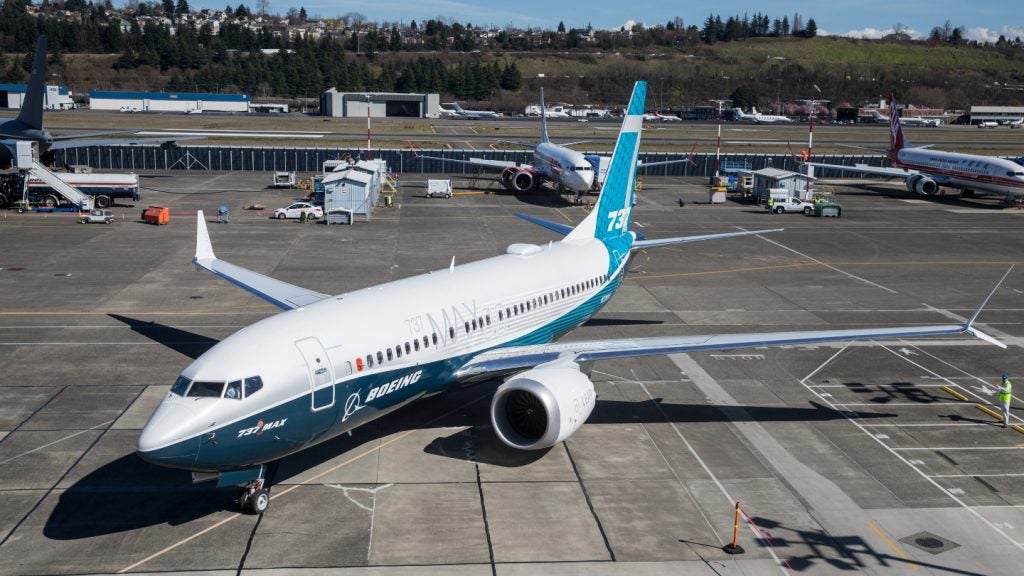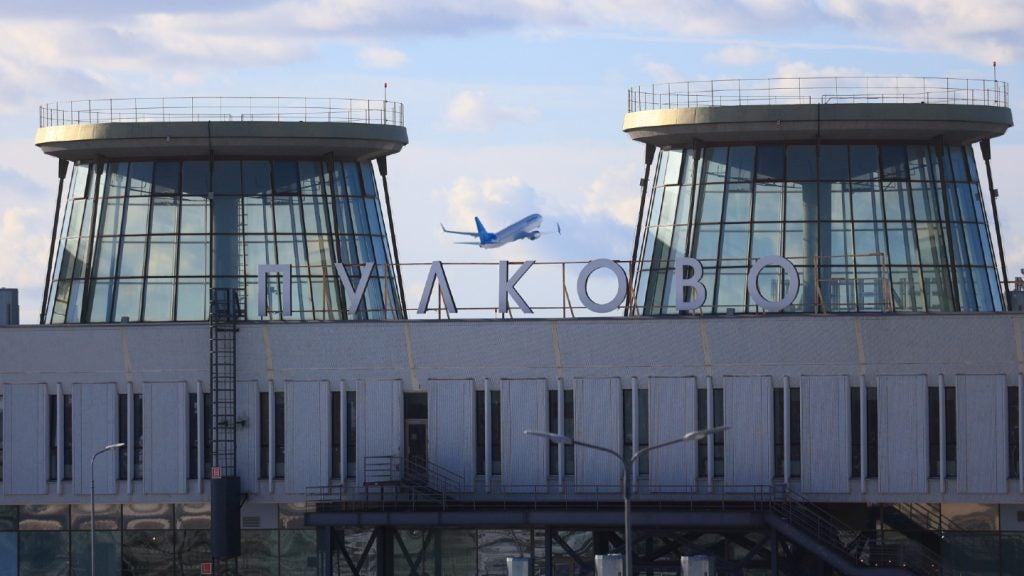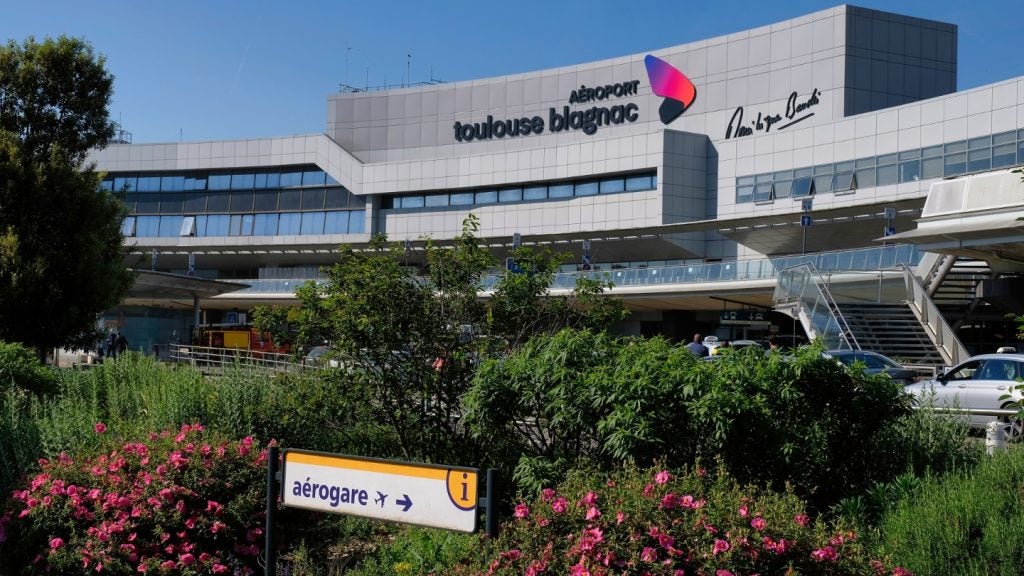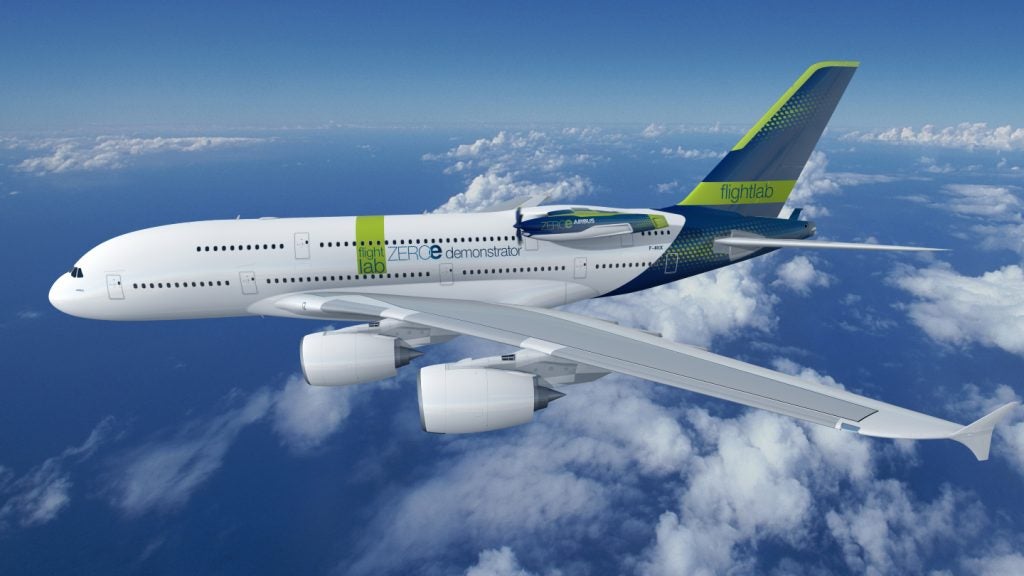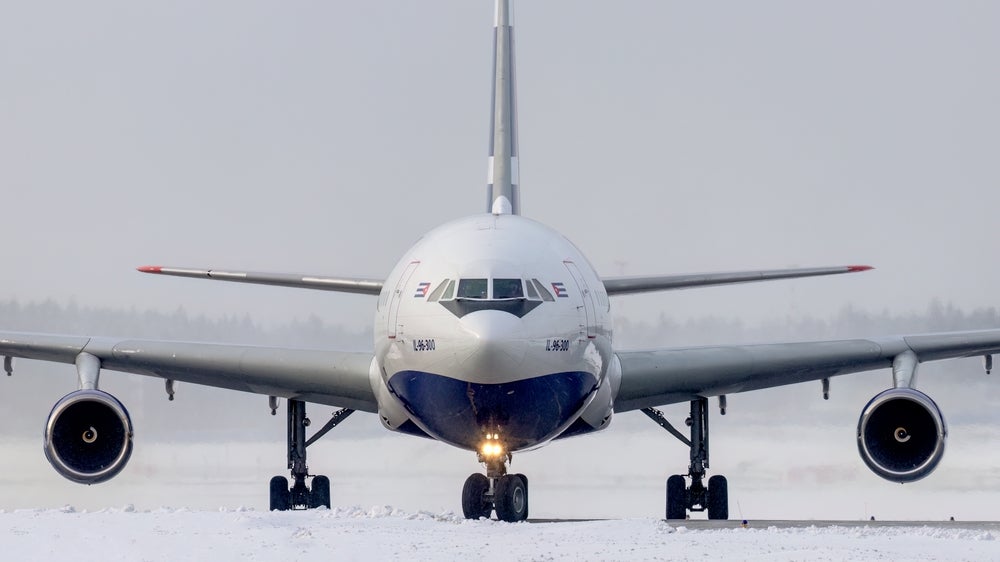The US Federal Aviation Administration (FAA) has said that aviation manufacturer Boeing is seeking an exemption from certain certification requirements for its 737 MAX 7 aircraft around an issue with the engine anti-icing system.
A notice by the FAA, published in the US Federal Register, said that the US company was looking for an exemption through to 31 May 2026 on certification rules relating to “the engine nacelle inlet structure and engine anti-ice system on the Model 737-7 aeroplane”, as it sought to develop changes to address overheating.
Boeing also confirmed the request for exemption, saying: “In November, we made a request to certify the 737-7 with the same inlet design and engine anti-ice system as the in-service 737 MAX fleet.
“Under this request, operators would continue measures that were shared with them earlier this year and mandated by the FAA in August to mitigate potential overheating in a portion of the inlet structure under a very specific combination of weather and operational conditions."
The exemption request is the latest complication for the 737 MAX family, which has had some of its already-certified models grounded for 20 months after two fatal crashes linked to a flight control system.
While that issue has since been sorted, with the models re-certified, the FAA recently announced a change to its rules in response to the 2018 and 2019 incidents that will see aircraft manufacturers forced to disclose more information about similar systems as part of the certification process.
However, despite the issues with the 737-7's certification, the FAA has recently approved the MAX 10 model for flight testing with the granting of a type inspection authorisation.


